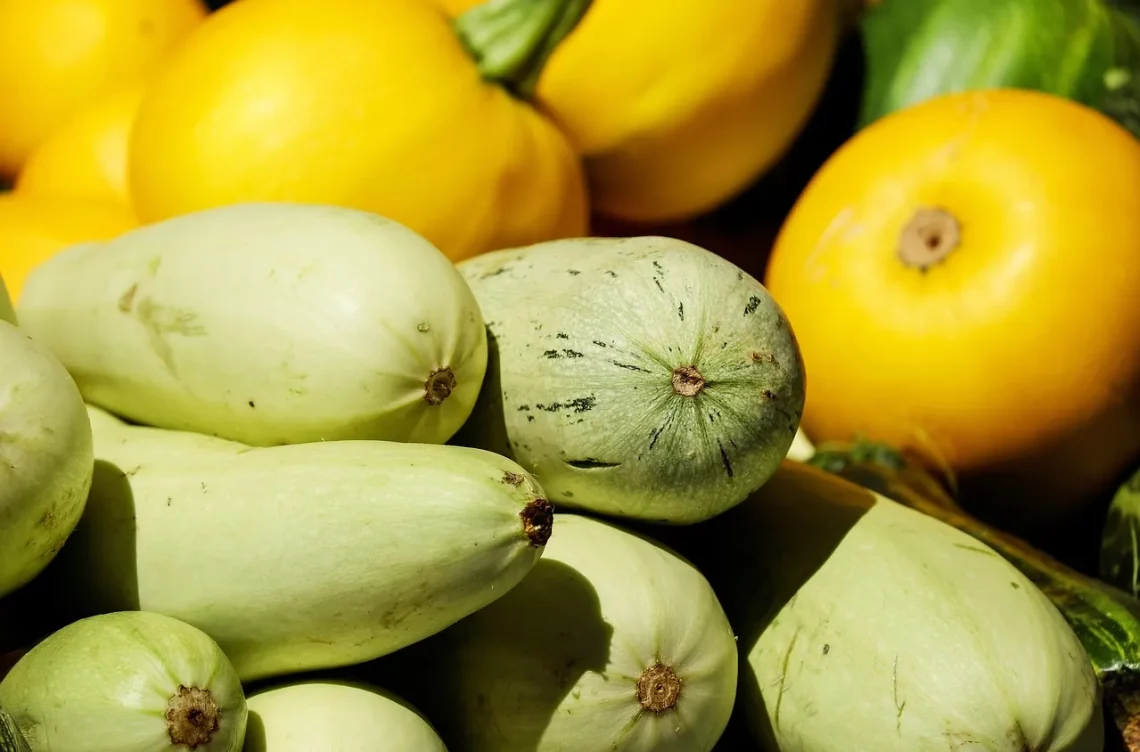
Can Guinea Pigs Eat Onions? Understanding the Risks and Safety
Guinea pigs are delightful pets known for their gentle nature and unique personalities. As pet owners, it is essential to provide them with a well-balanced diet that meets their nutritional needs. Unlike cats and dogs, guinea pigs have specific dietary requirements that must be met to ensure their health and well-being. One of the critical aspects of feeding guinea pigs is understanding which foods are safe and which are harmful.
Many pet owners often wonder about the appropriateness of certain foods that are staples in human diets. Onions, for example, are a common ingredient in many culinary dishes, but they raise questions regarding their safety for guinea pigs. The potential risks associated with feeding onions to these small animals are not widely known, and understanding these risks is crucial for responsible pet ownership.
In this article, we will delve into the complexities of guinea pig nutrition, the specific dangers posed by onions, and alternative safe foods that can be incorporated into their diet. By equipping yourself with knowledge, you can ensure that your furry companions thrive and live a healthy, happy life.
Understanding the Nutritional Needs of Guinea Pigs
Guinea pigs are herbivores, which means their diet primarily consists of plant-based foods. Unlike some other rodents, guinea pigs do not produce their vitamin C, making it a critical component of their diet. A deficiency in this vitamin can lead to serious health issues, including scurvy, which is characterized by lethargy, joint pain, and even death if left untreated.
The foundation of a guinea pig’s diet should include unlimited access to high-quality grass hay, such as timothy hay, which provides essential fiber for digestive health. This fiber is crucial for preventing gastrointestinal issues and helps maintain healthy teeth, as they continuously grow throughout the guinea pig’s life.
In addition to hay, guinea pigs should be provided with fresh vegetables daily. Leafy greens like romaine lettuce, cilantro, and bell peppers are excellent choices due to their high vitamin C content. Fruits should be offered sparingly as treats since they are high in sugar.
Guinea pigs also require pellets specifically formulated for their needs. These pellets should be high in fiber and free from seeds and dried fruits that can be harmful. A properly balanced diet will promote overall health, reduce the risk of obesity, and enhance their quality of life.
The Dangers of Onions for Guinea Pigs
When discussing the safety of feeding guinea pigs various foods, onions are at the top of the list of items to avoid. Onions contain compounds called thiosulfates, which are toxic to many animals, including guinea pigs. Unlike humans, who can metabolize these compounds without issue, guinea pigs lack the enzymes necessary to break them down effectively.
Consumption of onions, even in small quantities, can lead to serious health problems. Symptoms of onion poisoning may include lethargy, weakness, vomiting, and abdominal pain. In severe cases, it can cause hemolytic anemia, where red blood cells are destroyed faster than the body can produce them. This condition can lead to serious complications and even be life-threatening if not addressed promptly.
It’s also important to note that all forms of onions—whether raw, cooked, or dehydrated—pose the same risks. This means that even if you’re preparing a meal and thinking about sharing a tiny piece with your guinea pig, it’s best to err on the side of caution and keep onions entirely off the menu.
As a responsible pet owner, you should familiarize yourself with the toxic foods that can impact your guinea pig’s health. By keeping onions and other harmful substances out of their reach, you significantly reduce the risk of accidental poisoning.
Safe Alternatives to Onions
Given the risks associated with feeding onions to guinea pigs, it’s vital to explore safe and nutritious alternatives that can provide variety in their diet. Fortunately, there are plenty of vegetables and herbs that guinea pigs enjoy and that can offer essential nutrients without the risks posed by harmful foods.
Leafy greens are among the best options for guinea pigs. Romaine lettuce, kale, and spinach are excellent choices, providing vitamins and minerals that support overall health. It’s important to introduce any new food gradually to avoid digestive upset.
Another fantastic option is bell peppers, which are high in vitamin C and come in various colors. Guinea pigs typically enjoy the crunchiness and sweetness of bell peppers, making them a favorite treat. Additionally, cucumbers and carrots can be served in moderation, offering hydration and a pleasant crunch.
Herbs such as parsley, cilantro, and basil can also be added to their diet for variety. These herbs are not only safe but can also stimulate your guinea pig’s appetite.
Fruits should be offered as occasional treats due to their sugar content. Safe fruit options include apples (without seeds), strawberries, and blueberries. Remember to cut them into small, manageable pieces to prevent choking.
By focusing on a diverse range of safe foods, you can ensure that your guinea pig receives the vitamins and minerals they need to thrive while avoiding the harmful effects of toxic foods like onions.
Conclusion
In conclusion, while onions are a common ingredient in many human diets, they are not safe for guinea pigs and can pose serious health risks. Understanding the specific dietary needs of guinea pigs is crucial for their well-being. By providing a balanced diet that includes hay, fresh vegetables, and safe treats, you can help your guinea pig lead a healthy and happy life.
Always be cautious about what you feed your pets and keep harmful foods out of reach. If you have any concerns about your guinea pig’s health, it’s essential to consult with a veterinarian who specializes in small animals. This article is not a substitute for professional medical advice, and all health-related inquiries should be directed to a qualified veterinarian.




